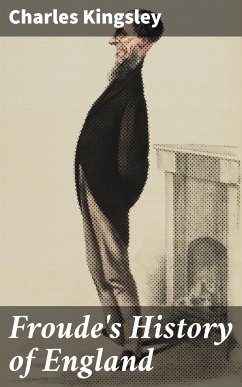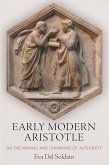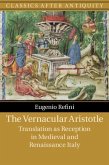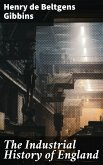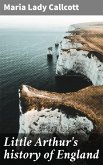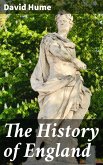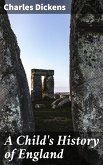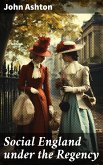In "Froude's History of England," Charles Kingsley engages with the complex narrative of England's past, offering a critical examination of James Anthony Froude's approach to historical writing. The book reflects Kingsley'Äôs preference for a vibrant narrative style, characterized by eloquent prose that seeks to illuminate the moral and ideological implications of historical events. Set against the backdrop of the Victorian era, when history was increasingly being viewed through a lens of rationality and progress, Kingsley'Äôs work critiques Froude'Äôs interpretations while aspiring to a more inclusive and morally sound understanding of England'Äôs history, highlighting the interplay between history, faith, and societal development. Charles Kingsley (1819'Äì1875) was a distinguished Victorian author, historian, and theologian, whose experiences as a clergyman deeply influenced his views on moral and social reform. Kingsley'Äôs diverse career'Äîranging from his roles in education, literature, and social activism'Äîfueled his passion for understanding England'Äôs historical trajectory. His critiques of Froude arose from a desire to seek truth amid the turbulent social changes of the era and challenge narratives that seemed to neglect the role of ethical considerations in history. Recommended for historians, students, and general readers alike, Kingsley's 'ÄúFroude's History of England'Äù offers a compelling examination of the interplay between historical narrative and moral purpose. The book invites readers to reconsider the ways in which history is constructed and interpreted, providing profound insights that resonate with contemporary discussions on historiography and identity.
Dieser Download kann aus rechtlichen Gründen nur mit Rechnungsadresse in A, B, BG, CY, CZ, D, DK, EW, E, FIN, F, GR, H, IRL, I, LT, L, LR, M, NL, PL, P, R, S, SLO, SK ausgeliefert werden.

